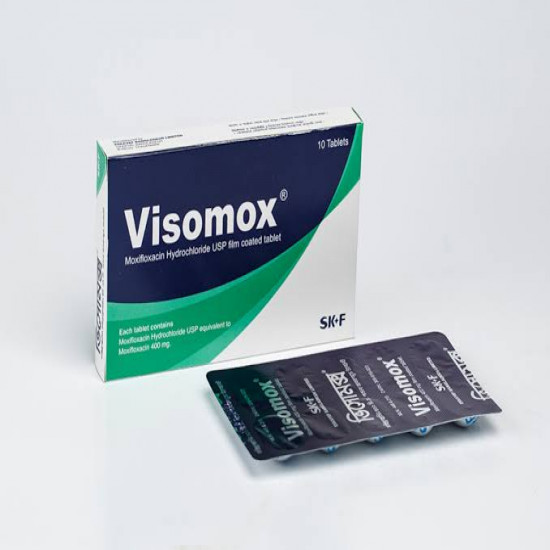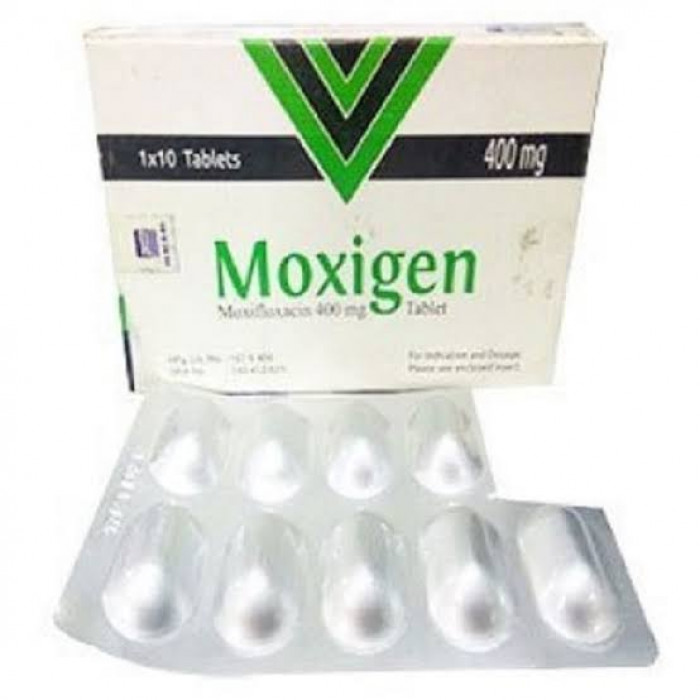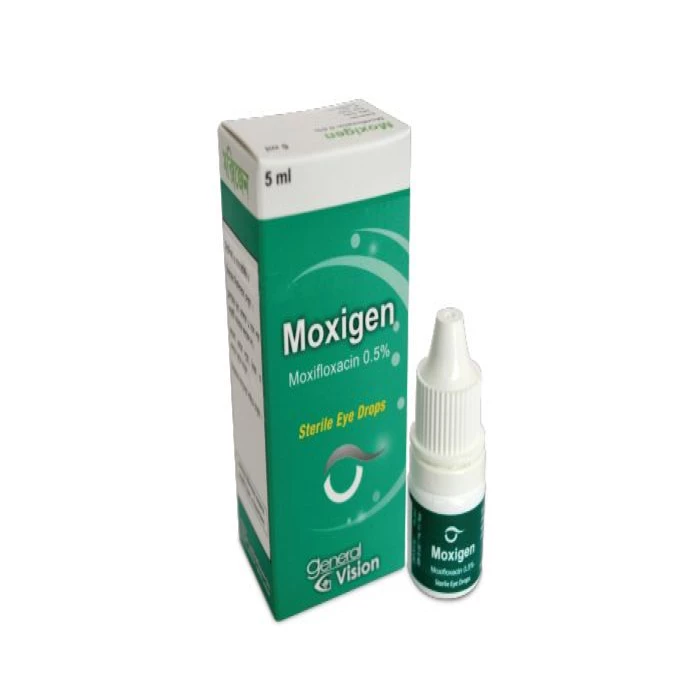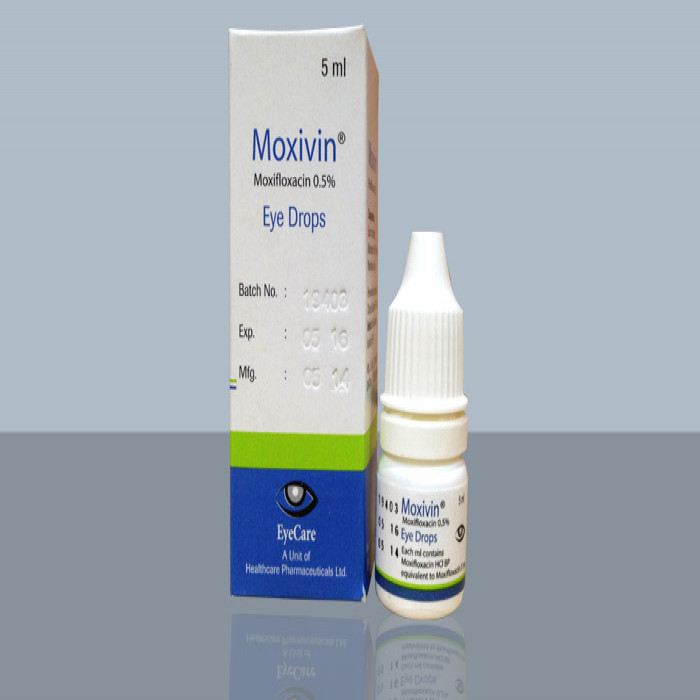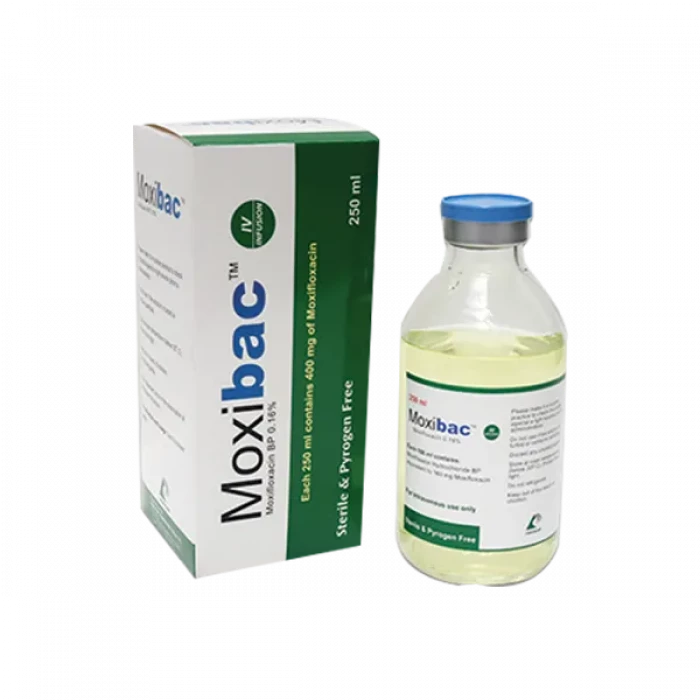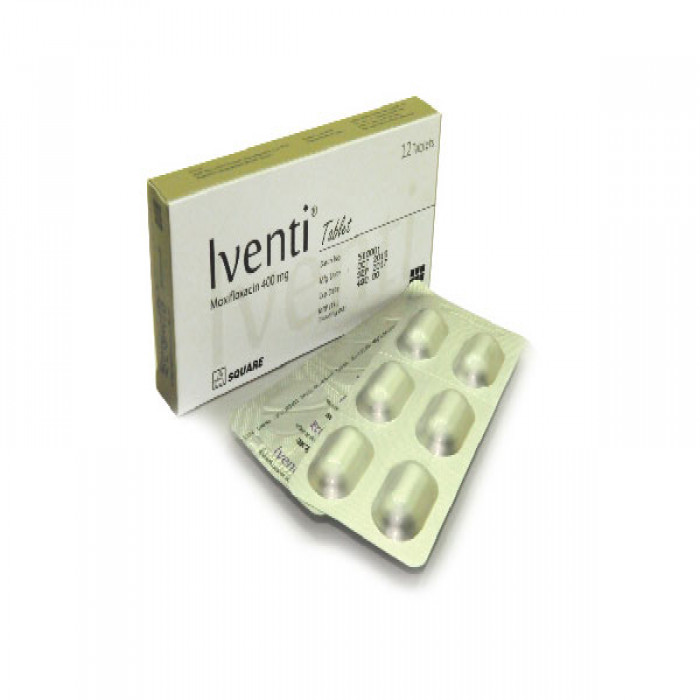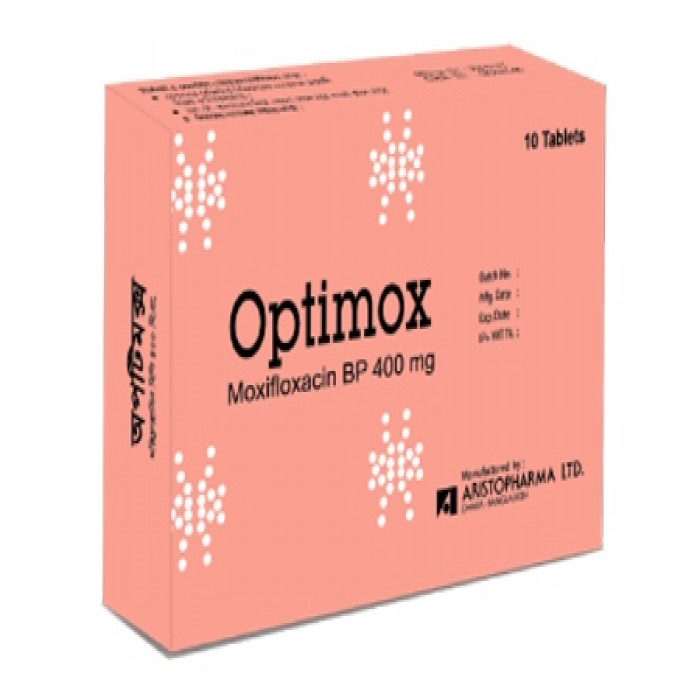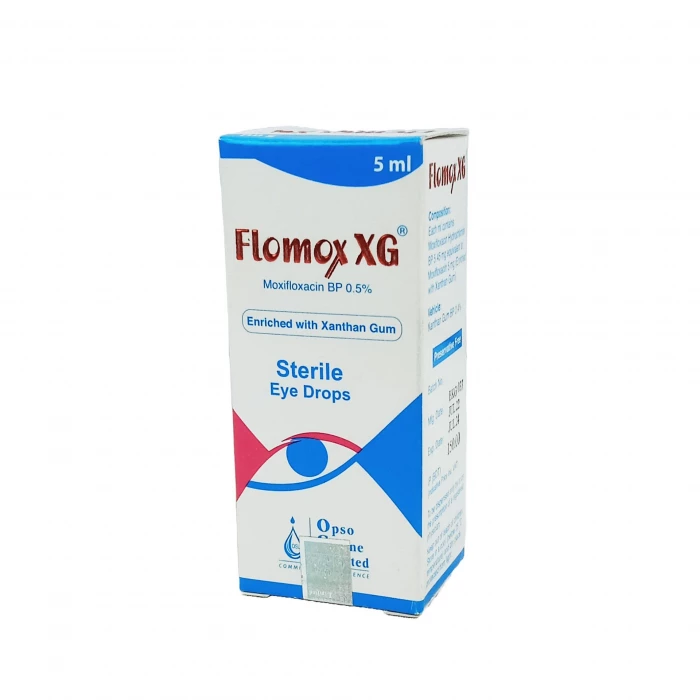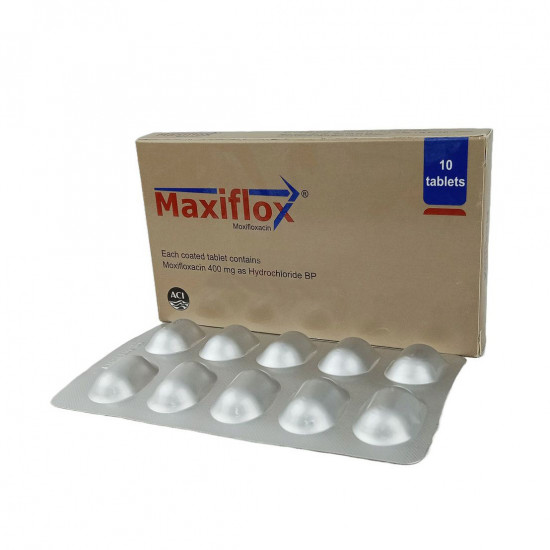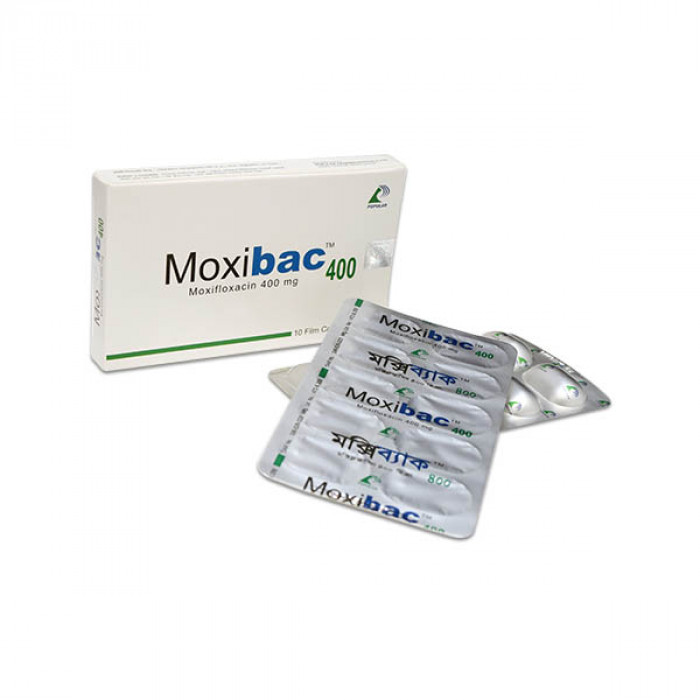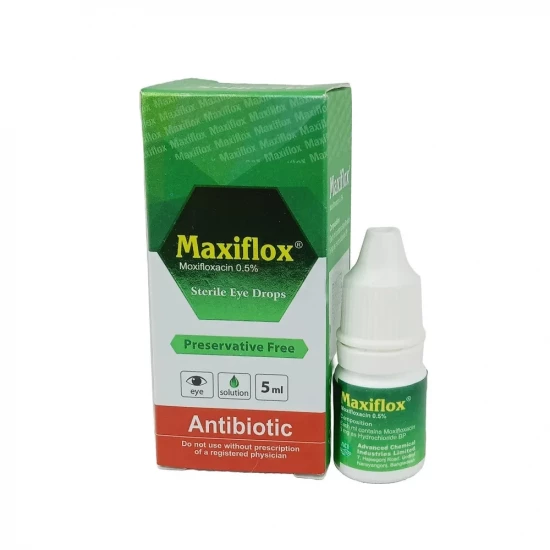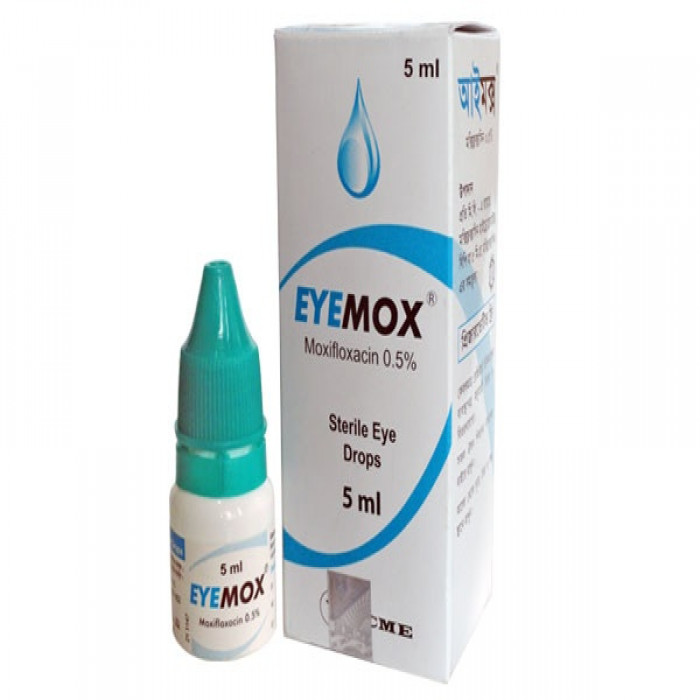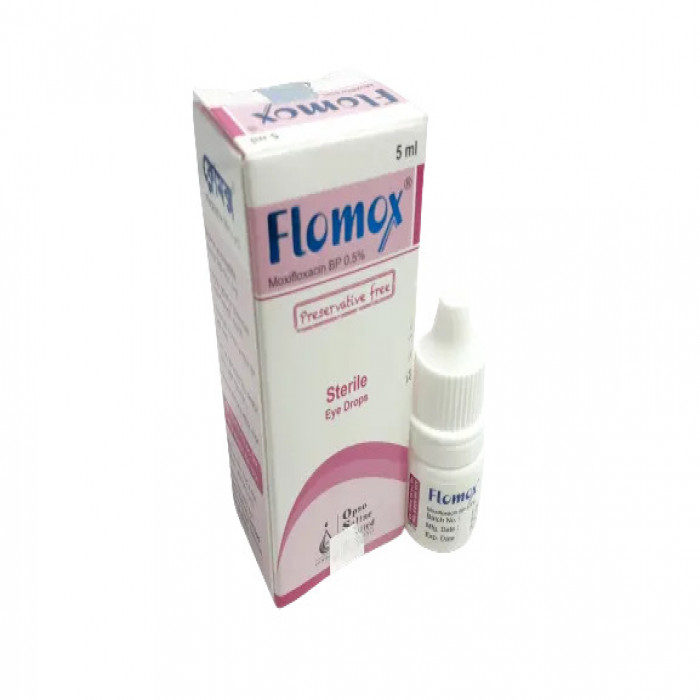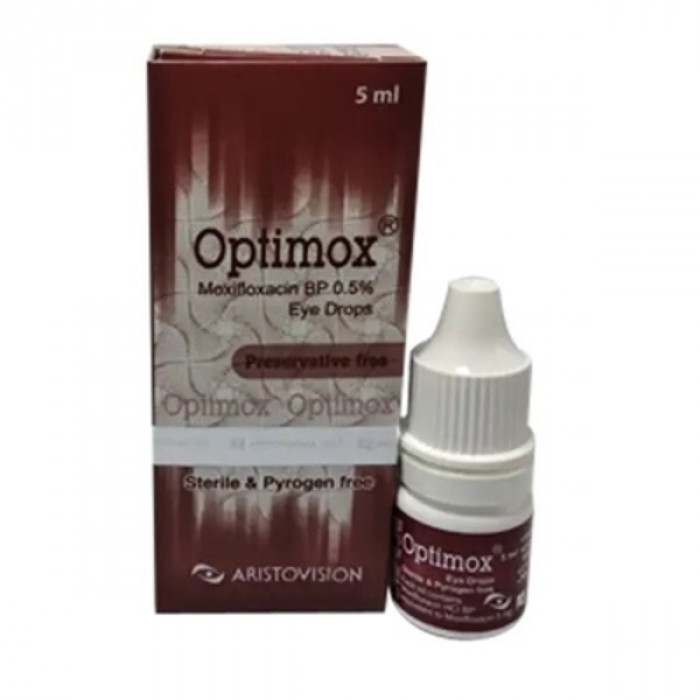
✔ 100% Authentic Product
👁️ Currently Viewing 7380
- The translucent membrane (conjunctiva), which lines the eyelid and covers the white of your eyeball, can get infected and cause bacterial conjunctivitis. Pain, discomfort, redness, itching, irritability, and eye-watering are signs of bacterial conjunctivitis.
- Moxifloxacin, an ingredient in Optimox Eye Drops, is a member of the antibiotic drug class.
- Bacterial conjunctivitis and other eye diseases are treated with Optimox Eye Drops.
Discount
Price: ৳ 190
MRP:
৳
200
5%
Off

100% Genuine Products, Guaranteed

Safe & Secure Payments, Always

Fast, Secure & Efficient Delivery

Proper Packaging
 Cash on Delivery - All over Bangladesh
Cash on Delivery - All over Bangladesh Regular Delivery - 12-24 Hours, Dhaka City* Charge Tk.39-59
Regular Delivery - 12-24 Hours, Dhaka City* Charge Tk.39-59 Regular Delivery - 24-48 Hours, Other Cities* Charge Tk.99-110
Regular Delivery - 24-48 Hours, Other Cities* Charge Tk.99-110
 ফ্রি ডেলিভারিঃ - ৯৯৯ টাকা+ অর্ডারে, ঢাকা
শহরে
ফ্রি ডেলিভারিঃ - ৯৯৯ টাকা+ অর্ডারে, ঢাকা
শহরে ফ্রি ডেলিভারিঃ - ২৯৯৯ টাকা+ অর্ডারে, ঢাকার
বাহিরে
ফ্রি ডেলিভারিঃ - ২৯৯৯ টাকা+ অর্ডারে, ঢাকার
বাহিরে
100% Genuine Products, Guaranteed
Safe & Secure Payments, Always
Fast, Secure & Efficient Delivery
Proper Packaging
 Cash on Delivery - All over Bangladesh
Cash on Delivery - All over Bangladesh Regular Delivery - 12-24 Hours, Dhaka City* Charge Tk.39-59
Regular Delivery - 12-24 Hours, Dhaka City* Charge Tk.39-59 Regular Delivery - 24-48 Hours, Other Cities* Charge Tk.99-110
Regular Delivery - 24-48 Hours, Other Cities* Charge Tk.99-110 ফ্রি ডেলিভারিঃ - ৯৯৯ টাকা+ অর্ডারে, ঢাকা
শহরে
ফ্রি ডেলিভারিঃ - ৯৯৯ টাকা+ অর্ডারে, ঢাকা
শহরে ফ্রি ডেলিভারিঃ - ২৯৯৯ টাকা+ অর্ডারে, ঢাকার
বাহিরে
ফ্রি ডেলিভারিঃ - ২৯৯৯ টাকা+ অর্ডারে, ঢাকার
বাহিরে
✅ Description:
An ocular antibacterial drug is Optimox Eye Drops. The primary active component is Moxifloxacin. Optimox Eye Drops is employed in the management of bacterial eye infections. When using Optimox Eye Drops, microorganisms that cause infections are prevented from growing.
Safety Advices

Alcohol
No interaction found/established

Pregnancy
CONSULT YOUR DOCTOR
Optimox may be unsafe to use during pregnancy. Although there are limited studies on humans, animal studies have shown harmful effects on the developing baby. Your doctor will weigh the benefits and any potential risks before prescribing them to you. Please consult your doctor.

Breastfeeding
CONSULT YOUR DOCTOR
Optimox is probably unsafe to use during breastfeeding. Limited human data suggests that the drug may pass into the breastmilk and harm the baby.

Driving
UNSAFE
Optimox may cause side effects that could affect your ability to drive. Optimox may make you feel dizzy or light-headed, you may experience a sudden, transient loss of vision, or you may faint for a short period. This may affect your driving ability.

Kidney
No interaction found/established

liver
No interaction found/established
✔️ Uses of
- Used to treat bacterial conjunctivitis and other eye infections
✔️ How to use Optimox Eye Drops 0.5%
- Eye Drops are for external use only.
- Take Eye Drops in the dose and duration as advised by your doctor.
- Check the label for directions before use.
- Hold the dropper close to the eye without touching it.
- Gently squeeze the dropper and place the medicine inside the lower eyelid.
- Wipe off extra liquid.
✔️ How Optimox Eye Drops works
Optimox Eye Drops is an antibiotic. It treats bacterial eye infections by preventing the bacteria from dividing and repairing. It does so by stopping the action of a bacterial enzyme called DNA-gyrase.
✔️ What if you forget to take Optimox Eye Drops?
- If you miss a dose of Optimox, take it as soon as possible.
- However, if it is almost time for your next dose, skip the missed dose and go back to your regular schedule.
- Do not double the dose.
✔️ Side effects of Optimox Eye Drops:
- Vomiting
- Dryness, itchiness, and redness of the eye
- Abnormal eye sensation, swelling
- Headache
- Nose discomfort
- Bad taste
- Corneal disorder
- Blurred or reduced vision
- Eye surface inflammation
- Inflammation or infection of the conjunctiva
- Eye strain or swelling
✔️ Quick Suggestions:
- For the treatment of bacterial eye infections, your doctor has recommended Optimox.
- Even if you feel better, do not miss any doses of Optimox Eye Drops and complete the whole course of therapy.
- After applying the Optimox Eye Drops, push firmly for approximately a minute on the corner of the eye (near the nostril).
- To prevent contamination, avoid touching the tip of your eyes or any other surfaces.
- To prevent dilution, wait for at least 5 to 10 minutes before administering the following drug into the same eye.
- Initially using Optimox Eye Drops might result in temporary eyesight blurriness.
- Before operating machinery or driving, exercise caution.
- Until your illness has cleared up, avoid using contact lenses.
- Make careful to utilize Optimox Eye Drops within 4 weeks of the opening the cap.
✔️ Indications of Optimox Eye Drops 0.5%
An antibiotic called Optimox is used to treat bacterial infections of the eyes. Preventing the spread of harmful microorganisms reduces the infection's symptoms. Only external users should use Optimox. As directed by your doctor, take it for the prescribed amount of time.
✔️ Pharmacology
Moxifloxacin is a fluoroquinolone-based, broad-spectrum antibacterial drug that was developed in the fourth century. In addition to Mycoplasma pneumonia, it has been effective against a broad range of gram-positive, gram-negative, anaerobic, and atypical microbes. Topoisomerase II (DNA gyrase) and topoisomerase IV, which are essential for bacterial DNA replication, translation, and repair, are repressed as part of their action.
✔️ Dosage of Optimox Eye Drops 0.5%
Adults Dose:
Bacterial conjunctivitis of the eyes in adults:
- Apply 1 drop of 0.5% soln to the affected eye(s) every day for 7 days. It can be used simultaneously with artificial tears as long as there is a 15-minute gap between the two products.
Infant Dose:
Ophthalmic Bacterial Conjunctivitis Child:
- >1 yr: Tip 1 drop daily for 7 days into the affected eye(s).
✔️ Administration of Optimox Eye Drops 0.5%
- After administering Optimox Eye Drops 0.5%, press firmly for about a minute on the corner of the eye (near the nostril).
- To prevent contamination, avoid touching the tip of your eyes or any other surfaces.
- To prevent dilution, wait for at least 5 to 10 minutes before administering the following medication into the same eye.
- Initially using Optimox Eye Drops 0.5% could result in temporary vision blurriness. Before operating machinery or driving, exercise caution.
- Until your infection has cleared up, avoid wearing contact lenses.
Make sure to use the medication within 4 weeks of opening it.
✔️ Interaction
Utilizing stomach-settling agents, sucralfate, multivitamins, and multivalent cations reduces moxifloxacin retention (e.g., press or zinc). The risk of shaking with NSAIDs and dying from warfarin may increase when taking moxifloxacin. Therefore, using Moxifloxacin concurrently with them should be avoided.
✔️ Contraindications
It is contraindicated in patients with a history of touchiness to Moxifloxacin or other quinolones.
✔️ Pregnancy & Lactation
- Moxifloxacin Hydrochloride Ophthalmic Solution should only be used during pregnancy if the potential benefit outweighs the risk to the fetus due to the lack of adequate and well-controlled trials in pregnant women. Despite not having been found, moxifloxacin is believed to be excreted in human milk.
- Use caution when giving a nursing mother Moxifloxacin hydrochloride ophthalmic solution.
✔️ Precautions & Warnings
- Taking Moxifloxacin may increase your risk of developing tendinitis and breaking a ligament.
- Before using this medication, tell your doctor or pharmacist if you are allergic to it; or to quinolone antibiotics
- If a ligament experiences pain or irritability, it should be stopped.
- It shouldn't be used in patients with known QT prolongation, untreated hypokalemia, or those who are accepting of Lesson IA or Lesson III antiarrhythmic operators.
✔️ Storage Conditions
- Keep it below 25°C.
- Store in a cold, dry, and light-protected location.
- Keep out of children's reach.
- Do not touch the dropper tip to any surface, as this could contaminate the mixture.
- After one month from the date of initial opening, do not use.
⚠️Disclaimer:
At ePharma, we’re committed to providing accurate and accessible health information. However, all content is intended for informational purposes only and should not replace medical advice from a qualified physician. Please consult your healthcare provider for personalized guidance. We aim to support, not substitute, the doctor-patient relationship.




